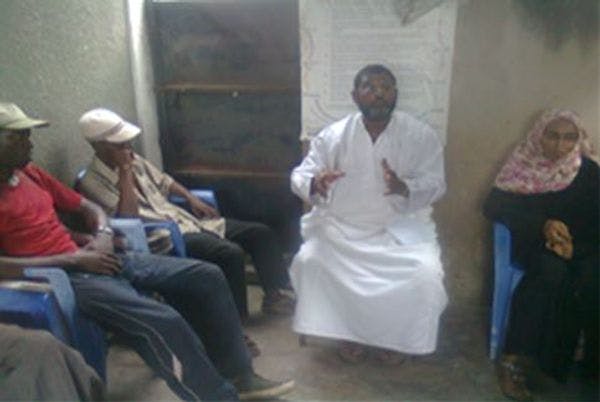‘Cierre de expedientes’ en Kenya
Los casos de violencia contra las personas que usan drogas parecen vuelto a aumentar en Kenya desde julio de 2013.
Más información, en inglés, está disponible abajo.
Suscríbase a las Alertas mensuales del IDPC para recibir información sobre cuestiones relacionadas con políticas sobre drogas.
Kisauni lies towards the North Coast of Mombasa in Kenya. It is about 15 minutes away from the main Mombasa Island, just after the Nyali Bridge. The area is described as a low income area, making a good hideout place for people who do not want publicity. It has also become an ideal hideout for forty brothers, who were accused of murder, rape and criminal activity in the area. The area also serves as a good hideout for 500 people who use drugs (PWUD), since they can use drugs while hiding from law enforcement.
Between 2000 and 2008, as a result of the high insecurity in the area, the community came together and initiated community policing. As part of the strategy to deal with this, the community came up with ‘funga file’. ‘Funga file’, translating to ‘closing a file’ in English entails arresting someone, taking them to a common ground (Kisauni Baptist Primary School), prosecuting them, and ‘closing their file’ which means executing them. Very many PWUD found themselves in this makeshift legal system and lost their lives, since when the arrests were made, they were arbitrary, and any PWUD would be arrested and executed.
The Muslim Education and Welfare Association (MEWA), approached the community leaders and held dialogues with them to handle the sensitive situation. After a series of community meetings, bringing together the community and MEWA staff, the ‘funga file’ cases ended around 2011 to 2012. The hostility against PWUD also somewhat subsided.
The current Situation
From July 2013, the violence cases against PWUD seem to have risen again. Following Government devolution and subsequent takeover of security matters by County governments, drugs became one of the priority areas Mombasa County focused on. However, the situation again targeted the PWUD themselves. In addition, during the NACADA conference in 2013, the President issued a directive to the officials responsible for security at grassroots level to deal with alcohol and drug use and gave them a ninety days’ period. This also happened to coincide with an insecurity rise in Kisauni area, and PWUD have found themselves in the same predicament. The community is considering reintroducing ‘funga file’, and already a number of PWUD have experienced violence meted out against them, regardless of not being caught in criminal activity. It is estimated that less than ten percent of the PWUD are engaged in violent crime, but whenever a criminal activity takes place in the area, the first targets are the PWUD, much as they may not even directly be linked with the crime. The directive has also seen police activity against PWUD increasing, and this is slowly creeping to harassment of outreach workers as they carry out their activities.
On the other hand, the police are being accused of corruption, and demanding bribes of up to a thousand shillings for one to secure their release (1 Kenyan Shilling equals 0.011 US Dollar). Without this money, innocence does not count as the PWUD are roughed up and harassed.
Once again, MEWA is in the process of holding various meetings with the community, PWUD and the police to see a speedy resolution of this situation. Community awareness on sensitivity to PWUD is being conducted, as well as holding meetings and outreaches with PWUD regarding crime. PWUD have responded by encouraging citizenship among them, and volunteering to arrest the criminals among them and take them to police. The police department also has champions, who have taken to engaging with PWUD and encouraging them to refrain from crime.
Although a step at a time, the efforts being made by MEWA, supported by the Community Action on Harm Reduction, envisage advocating for the rights of PWUD, so that justice can be served rightfully, while on the same breath, health services can be provided to PWUD without outreach workers feeling their safety being threatened.
Keep up-to-date with drug policy developments by subscribing to the IDPC Monthly Alert.
Temas
Regiones
Perfiles relacionados
- Community Action on Harm Reduction (CAHR)
- Frontline AIDS
- Kenyan AIDS NGOs Consortium (KANCO)
